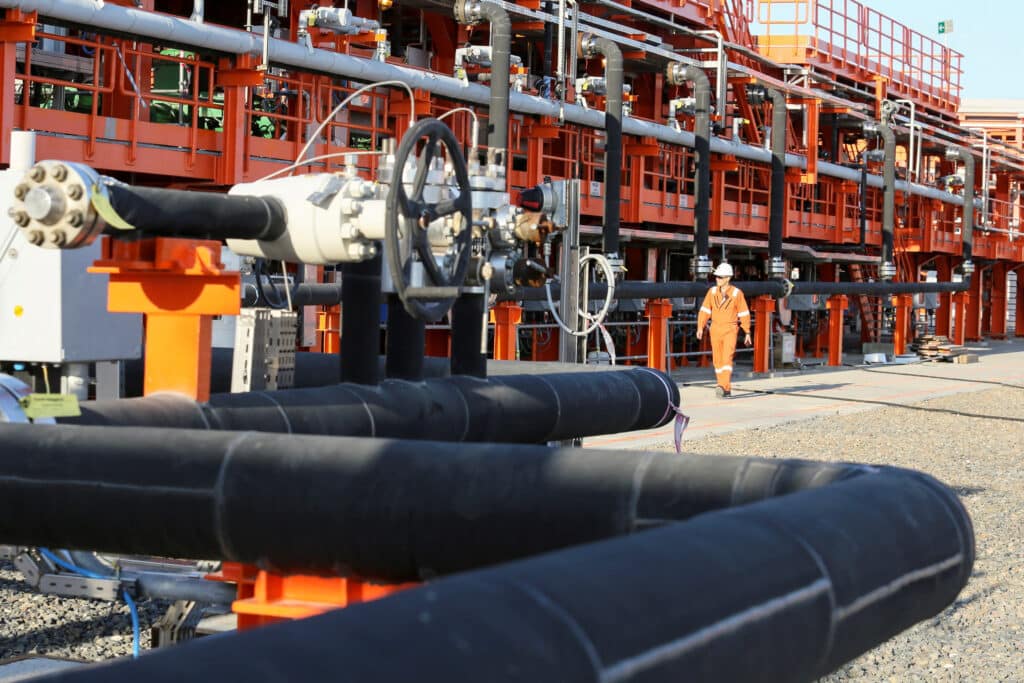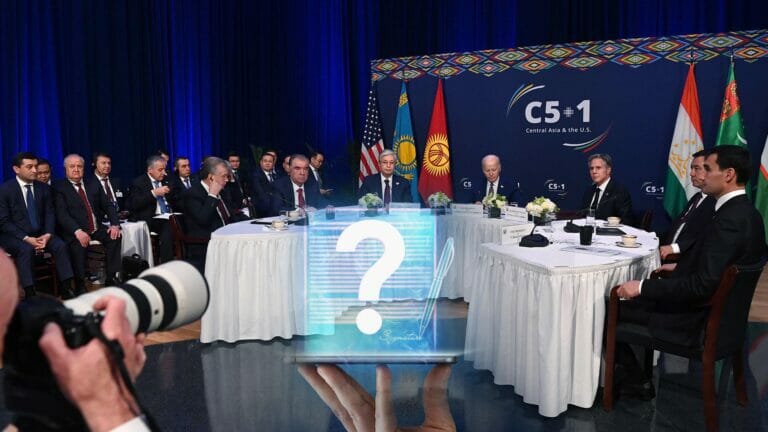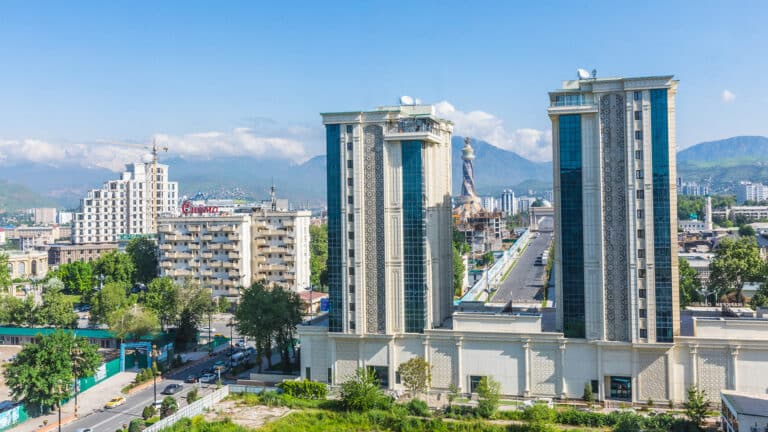
Nurlan Zhumagulov, an expert in oil and gas projects in the Caspian region, explained the reason behind the lack of incremental progress in the development of the Tengiz and Kashagan deposits over the past 30 years. According to him, the economy is to blame — it is more profitable for importers to deliver goods directly, bypassing import duties and VAT.
«In order to equalize the conditions for domestic producers, the Tax Code was amended 10 years ago with a regulation stating that Kazakhstani enterprises could sell products to the Tengiz, Kashagan and Dunga projects with zero VAT applied,» Zhumagulov wrote on his Telegram channel Energy Monitor.
As the expert explained, the issue lies in the fact that producers still pay VAT for imported raw materials, but the government does not reimburse this tax. As a result, local factories bear additional expenses, while Tengizchevroil and North Caspian Operating Company (NCOC) purchase their products without paying VAT, making local producers’ work unprofitable.
The paradox of this situation is that some market players benefit from the preferences under the oil production contracts, while others do not.
Looking at the procurement plans of Tengizchevroil and NCOC, it seems that no large orders are expected for domestic factories. However, several massive energy projects are on the horizon:
- Three new combined heat and power plants;
- Ekibastuz GRES expansion;
- Four wind power plants ($1.5 billion each);
- A nuclear power plant.
It is likely that, due to intergovernmental agreements, these projects will also be exempt from VAT and other duties, once again forcing Kazakhstani producers into unprofitability. On top of that, the VAT increase to 16% will only worsen the situation.
To address the problem, Zhumagulov suggested that Kazakhstan’s Ministry of Finance introduce VAT reimbursement for local enterprises working with customers exempt from VAT and duties. In turn, the Ministry of Energy should expand the list of producers benefiting from tax preferences to equalize them with importers.













